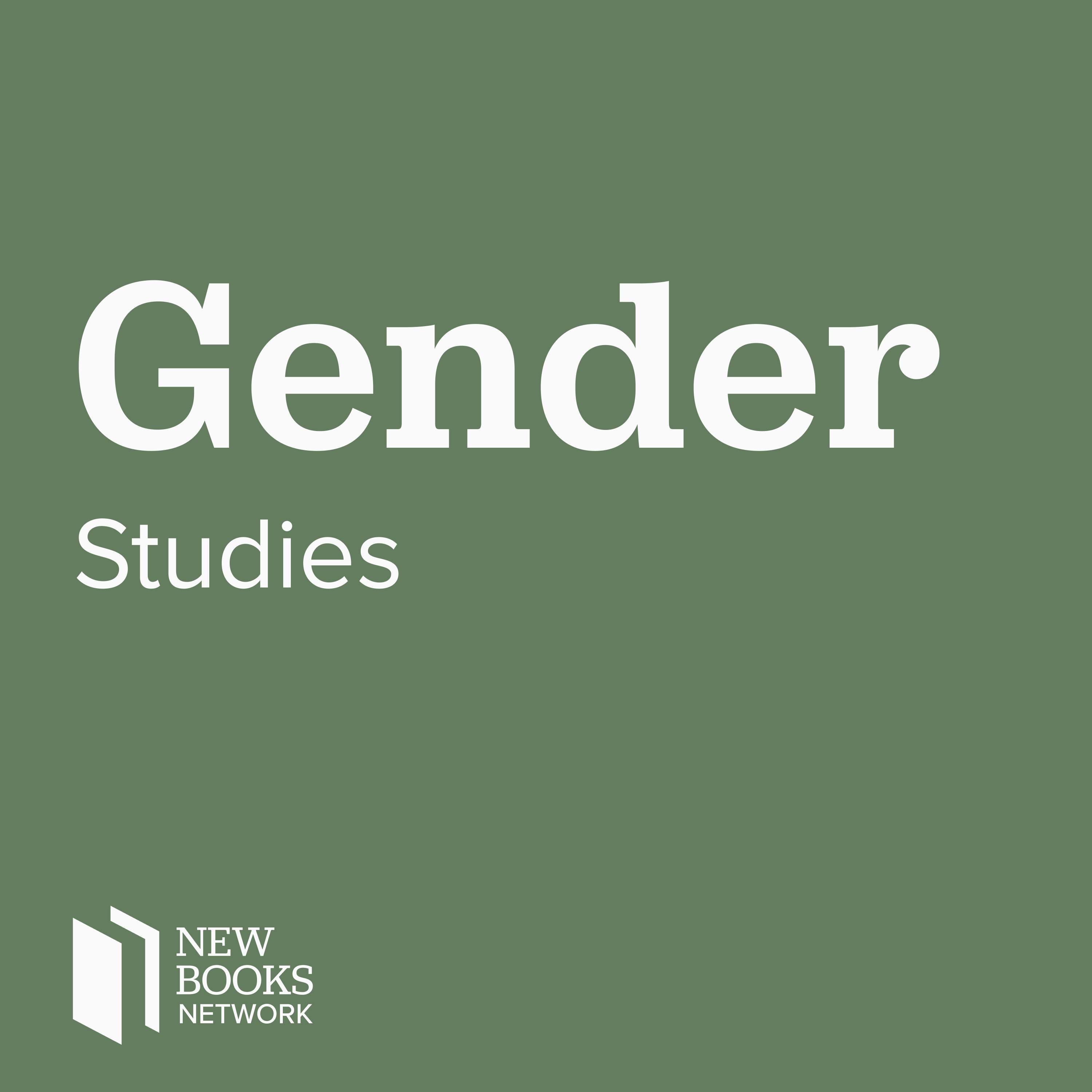Why are there more women in parliament than ever before, and does it matter?
Description
Why do some countries do better than others in advancing women as political leaders and in promoting women’s rights? And what difference does this make to women’s everyday lives? In this episode CEDAR’s Nic Cheeseman talks to Aili Mari Tripp, a world leading researcher of women’s movements, who explains why there are more women in parliament than ever before, and the role that gender quotas have played in this trend. We also discuss why some authoritarian governments gone to greater lengths to promote women’s representation than their democratic counterparts, and whether this is simply a PR exercise or reflects a deeper commitment to equality.
Aili Mari Tripp is the Vilas Research Professor of Political Science at the University of Wisconsin-Madison and one of the world’s leading researchers on women’s movements and political representation. She has written seven books and co-edited seven more, many of which have won awards, and all of which have demonstrated the complexities of women’s struggle for equality, especially in sub-Saharan Africa. Her most recent work focusses on women’s representation under authoritarian rule.
Nic Cheeseman is the Professor of Democracy and International Development at the University of Birmingham and Founding Director of CEDAR.
The People, Power, Politics podcast brings you the latest insights into the factors that are shaping and re-shaping our political world. It is brought to you by the Centre for Elections, Democracy, Accountability and Representation (CEDAR) based at the University of Birmingham, United Kingdom. Join us to better understand the factors that promote and undermine democratic government around the world and follow us on Twitter at @CEDAR_Bham!
Learn more about your ad choices. Visit megaphone.fm/adchoices
Support our show by becoming a premium member! https://newbooksnetwork.supportingcast.fm/gender-studies
More Episodes
In sixteenth and seventeenth-century England, the female silhouette underwent a dramatic change. This very structured form, created using garments called bodies and farthingales, existed in various extremes in Western Europe and beyond, in the form of stays, corsets, hoop petticoats and...
Published 04/28/24
Published 04/28/24
The #MeToo movement inspired millions to testify to the widespread experience of sexual violence. More broadly, it shifted the deeply ingrained response to women’s accounts of sexual violence from doubting all of them to believing some of them. What changed?
In The #MeToo Effect: What Happens...
Published 04/27/24


